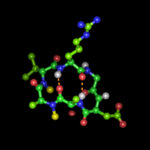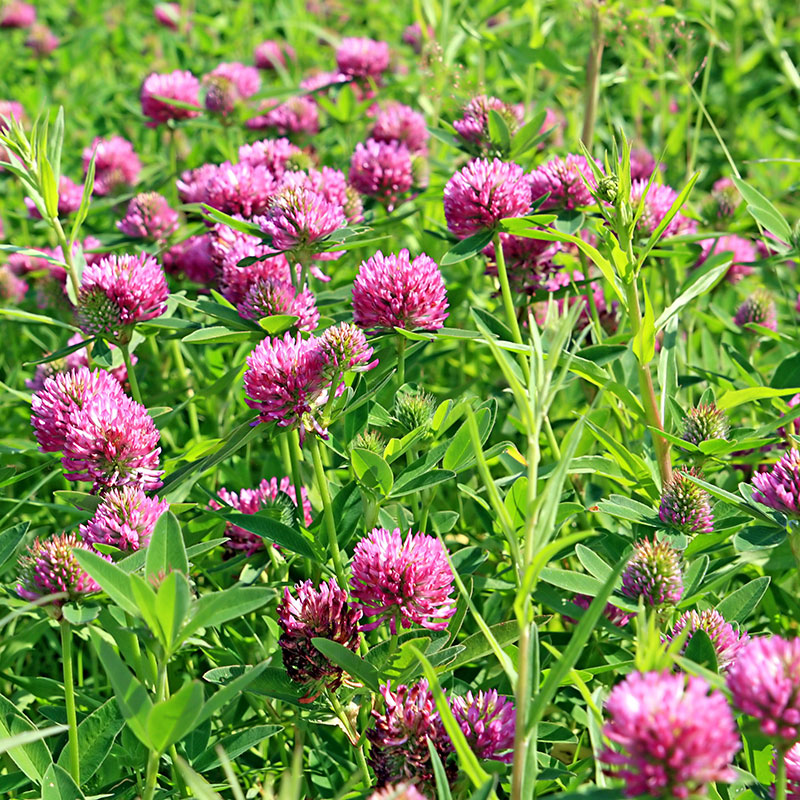Overview:
Red Clover
Overview of Benefits:
Possible Benefits:
Red clover contains isoflavones, which are a type of phytoestrogen — a plant compound that can weakly mimic estrogen in the body. Some research has shown a connection between isoflavone intake and a decrease in osteoporosis risk.
A 2015 study in 60 premenopausal women found that taking 5 ounces (150 mL) of red clover extract containing 37 mg of isoflavones daily for 12 weeks led to less BMD loss in the lumbar spine and neck, compared with the placebo group
Menopausal Symptoms
Red clover’s high isoflavone content is believed to help lower menopause symptoms, such as hot flashes and night sweats.
Two review studies found that 40–80 mg of red clover per day may help alleviate hot flashes in women with severe symptoms (5 or more per day) by 30–50%. Still, many studies were funded by supplement companies, which may lead to bias.
Another study observed a 73% decrease in hot flashes within 3 months after taking a supplement containing numerous nutrients, including red clover.
Heart Health
Some preliminary research has shown red clover may improve heart health in postmenopausal women.
One 2015 study in 147 postmenopausal women indicated a 12% decrease in LDL (bad) cholesterol after taking 50 mg of red clover daily for 1 year.
One review of studies in postmenopausal women taking red clover for 4–12 months showed a significant increase in HDL (good) cholesterol and a decrease in total and LDL (bad) cholesterol













